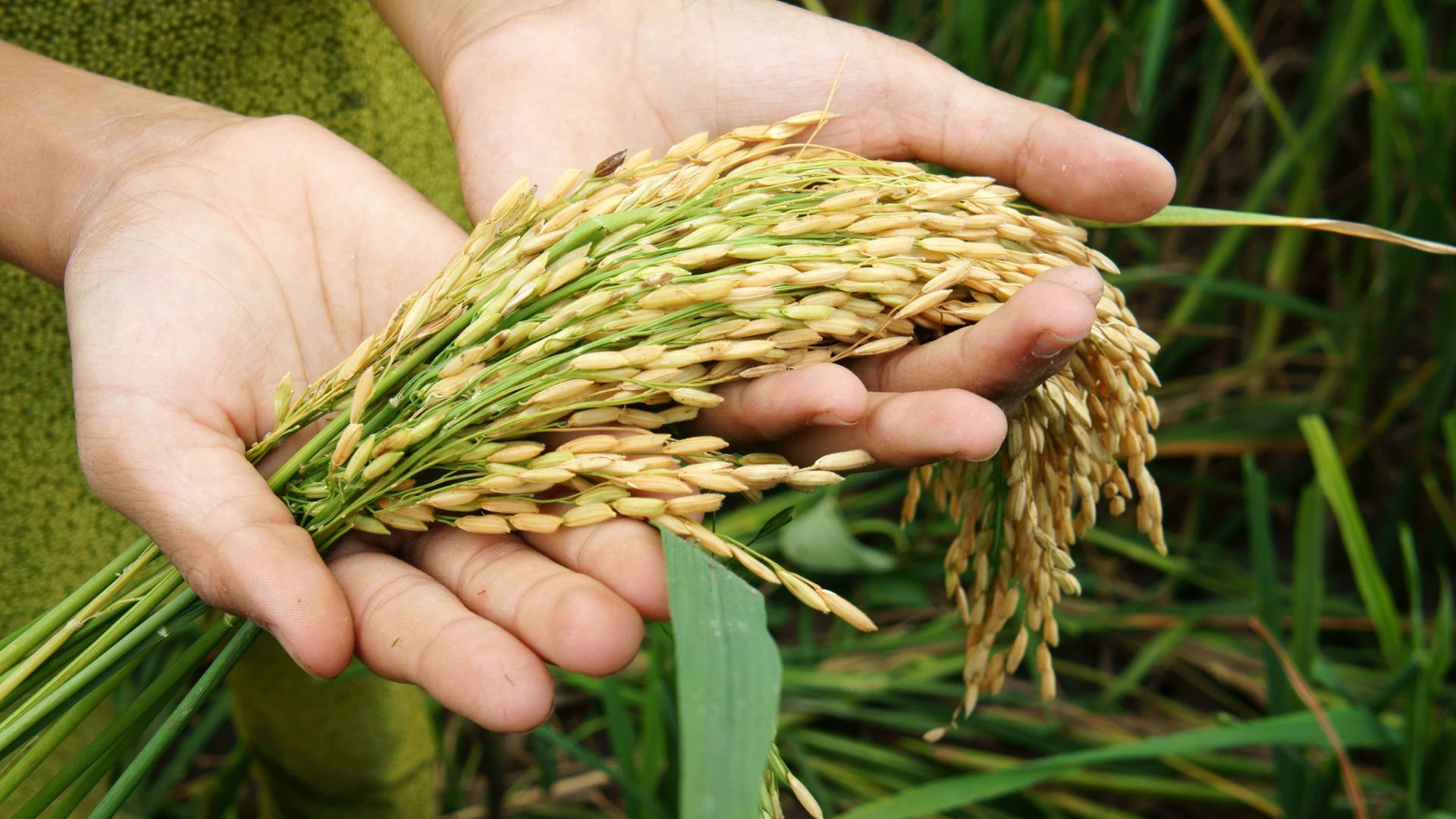Soaring food prices, coupled with other challenges such as global conflict, social inequalities, poverty, and climate change, threaten food security, with 8.5 percent of the Lithuanian population facing moderate or severe food insecurity in 2021. The prevalence of moderate food insecurity reveals a gap within the Lithuanian social welfare regime, where existing support systems fall short of guaranteeing people’s right to adequate food. The gap can be explained mainly by two food security dimensions: economic and physical access as well as food utilisation.
As a result of economic vulnerabilities, individuals compromise on food quality and variety and experience uncertainty regarding their ability to obtain food. This in particular affects vulnerable groups such as people with low incomes, the elderly, and women. While food charities play a crucial role in offering essential relief to those in need, their capacity and mandate are insufficient to address the structural causes of food insecurity. This policy brief provides recommendations to the government and the Non-Governmental Organisations (NGOs) in Lithuania, highlighting the necessity for robust social assistance measures to address people’s ability to afford sufficient healthy and nutritious diets and ensure comprehensive and sustained access to food for all.









